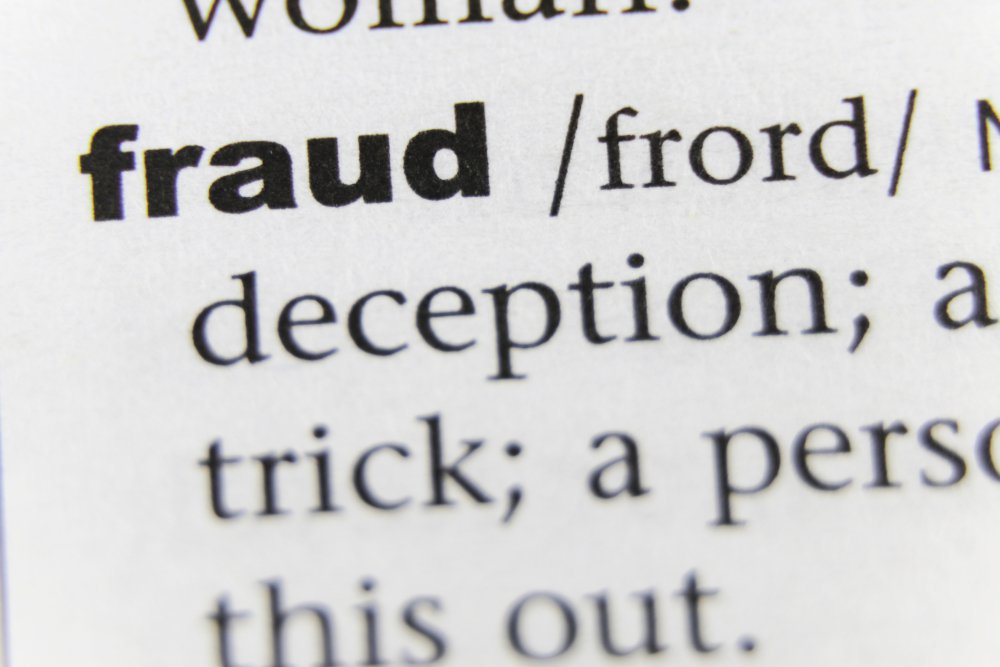COVID-19 will continue to have a major impact on litigation in 2021. More than 1,400 coronavirus-related class actions have been brought since the pandemic began, with 25 percent and 22 percent centered on business interruption insurance and university closures, respectively. Here is a look at these and other trends shaping the litigation landscape.
Business interruption claims
Insurance companies have widely denied business interruption claims brought by restaurants, entertainment facilities and other businesses looking to recoup lost income from pandemic-related closures. This has led to more than 1,500 lawsuits, many of them class actions, against insurers. Courts thus far have largely sided with insurance companies, finding that, under the terms of many policies, insurers are only liable for claims stemming from suspended operations due to physical loss or damage resulting from events such as fires, vandalism or natural disasters.
But while many cases have been dismissed, policyholders have recorded some successes. Notably, in North State Deli, LLC, et al. v. The Cincinnati Ins. Co., et al., a North Carolina court sided with a group of 16 restaurants, ruling that the definition of “direct physical loss” includes “inability to utilize” and declaring the insurance carrier must replace the policyholders’ COVID-related lost income. An appeal is pending.
Lawsuit consolidation
Multidistrict litigation is being employed to process multiple COVID-19 cases against a single insurer more efficiently and consistently. Twelve lawsuits against the Assicurazioni Generali Group were centralized in the U.S. District Court for the Southern District of New York, which is home to the travel insurance company’s U.S. branch. This litigation centers on the insurer’s failure to pay policyholders for trips that were canceled due to COVID-19. Similarly, more than a dozen cases against Erie Insurance Group were centralized in Pennsylvania. The cases were brought by businesses alleging Erie wrongfully refused to cover lost income due to COVID-19 stay-at-home orders.
University closures
More than 200 COVID-19-related class actions have been filed against colleges and universities by students seeking refunds of tuition and fees related to the switch to online learning amid campus closures. In a recently filed suit against the University of Illinois system, for instance, students claim they paid for access to the university’ facilities, on-campus experiences and in-person instruction but did not receive these services once the university system went remote. The cases, most of which allege breach of contract, have been met with mixed results.
Judges in several states have allowed lawsuits to move forward, such as a Florida federal judge who denied Lynn University’s bid to dismiss a proposed class action over its decision not to issue partial tuition and fee refunds. The judge said more factual development was necessary to clarify the terms and conditions of the relationship between the school and its students. In Chong et. al. v. Northeastern University, however, a Massachusetts federal judge sided with the institution, saying it was not obligated to refund student tuition after switching to online learning, noting that the contract did not promise in-person instruction. However, the decision left open the possibility that students will be able to recover campus recreation fees.
Shareholder liability
The Cheesecake Factory agreed to pay a $125,000 civil penalty to the U.S. Securities and Exchange Commission to settle allegations that it made misleading disclosures last spring about the impact of the pandemic on its business operations and finances. The Cheesecake Factory stated that its restaurants were “operating sustainably” and failed to disclose the company was losing $6 million weekly with only 16 weeks of cash on hand remaining, according to the SEC order.
Investor suits against cruise lines
A consolidated securities fraud class action against Norwegian Cruise Line alleges the cruise line ran a “top-down” deceptive sales campaign downplaying the effects of the pandemic to prospective customers in order to reduce revenue losses. Led by Employer-Teamsters Local 175 & 505 Pension Trust Fund, investors are seeking damages for the more than 50 percent dive the company’s stock took after reports of the deceptive campaign made newspaper headlines last March. In a more recent filing, the City of Riviera Beach General Employees Retirement System is suing Royal Caribbean Cruises and various directors and officers, alleging the cruise line failed to disclose the decrease in bookings it was experiencing early in the pandemic.
If your insurance company has denied or is challenging your claim for a COVID-19-related or other reason, contact us today. We have the experience and tenacity to make sure insurance companies keep the promises they made to you and your business.
Evan S. Schwartz
Founder – Schwartz, Conroy & Hack, PC
833-824-5350
[email protected]


